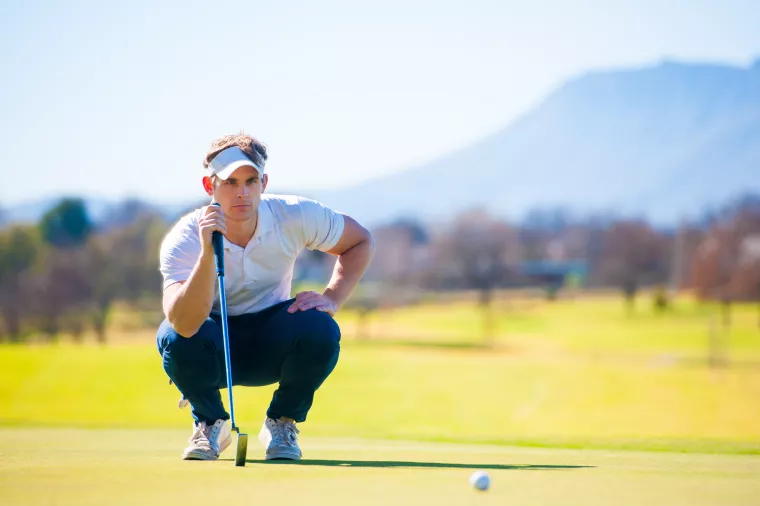Module 1 - What is Mentally Strong
- Define mental strength
- Highlight the relationship between mental strength and performance
“Physical strength can make you good, mental strength is what makes you unstoppable.”
What does it mean to be “mentally strong” and why should I care about it?
Not grit
- Mental strength isn't about grit, it's about understanding what happens in your body during stress, and developing skills to get through stressful moments.
Right amount of stress
- Some stress is necessary, making you alert and motivated, but too much becomes overwhelming.
Understanding the stress response
- We think of emotions as being in our mind, but really they’re in our body.
- During stress, your brain releases chemicals into the bloodstream to make your heart race, your eyes dilate and your palms sweat.
Learning skills
- There are things you can DO to manage the stress response.
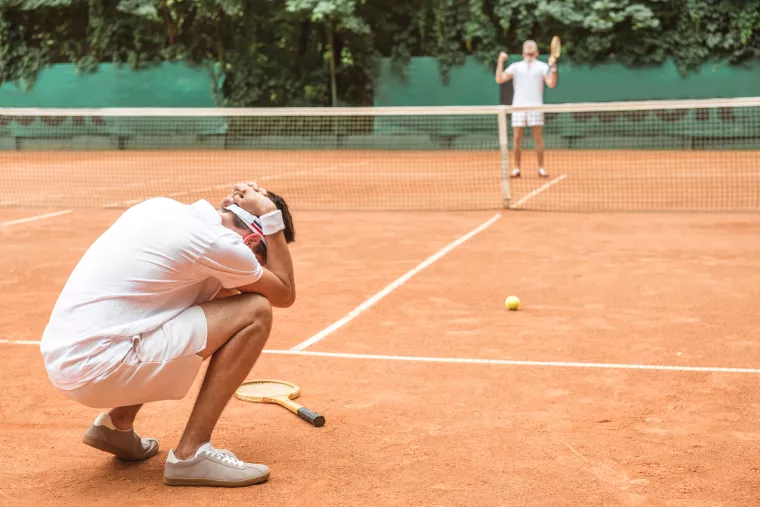
How do you teach mental strength?
It starts by helping your athletes develop a solid foundation and there are three main components:
 BIOLOGIC
BIOLOGIC
Fueling your body is essential, getting sleep and nutrition and avoiding overtraining so you can handle anything that comes your way.
 PSYCHOLOGIC
PSYCHOLOGIC
Getting good at monitoring your body for stress and other emotional reactions and practicing ways to cope with stress when you face challenging moments.
 SOCIAL
SOCIAL
Being part of a team and having goals you’re working on together and people you can trust when things get hard.
These are all mental skills and you can practice them as a team to get better at them. As you go through this program, we’ll talk more about why these types of skills work, and give you step by step directions of how to build mental skills practice into your training regimen.

To summarize:
- Stress is a part of sport.
- Stress is related to performance.
- Some stress is helpful to increase drive and motivation, but too much stress makes you perform poorly.
- There are things you can do to help your athletes get better at managing stress.
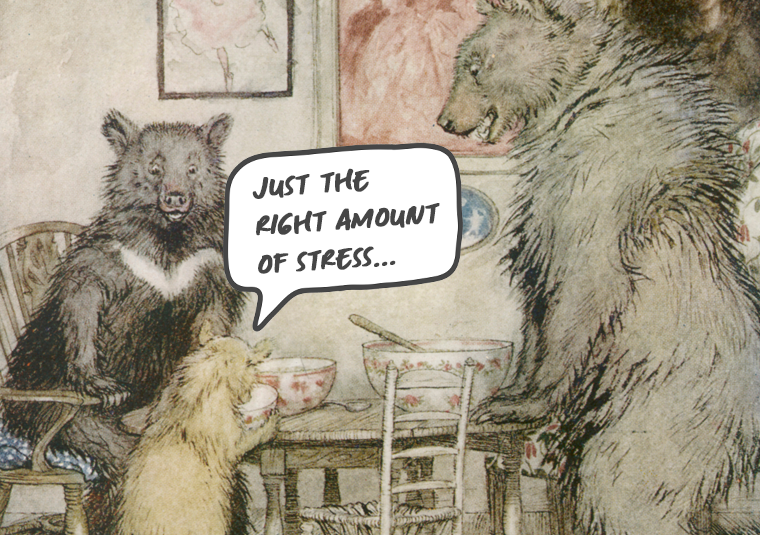
Why teach Mental Strength?
As a coach, your job is to help your athletes get stronger, faster and smarter. Four factors contribute to athletic success—physical, technical, tactical and mental. But most coaches only focus on the first three. One of the goals of this program is to help you learn how to train the mental game.
Physical
Strength and conditioning give your athletes the edge that lets them pull away on the final stretch, or keep running when their defender is spent. As a coach, you know how athletes gain these skills:
- Lifting weights
- Running sprints
- Drills/ active stretching

Technical
Sports specific skill sets take hours of repetitive practice to become second nature, and are a key part of athletic performance. Coaches know this and work on these skills in practice or recommend their athletes practice at home:
- Going to the batting cages
- Working on dribbling in soccer
- Practicing free throws
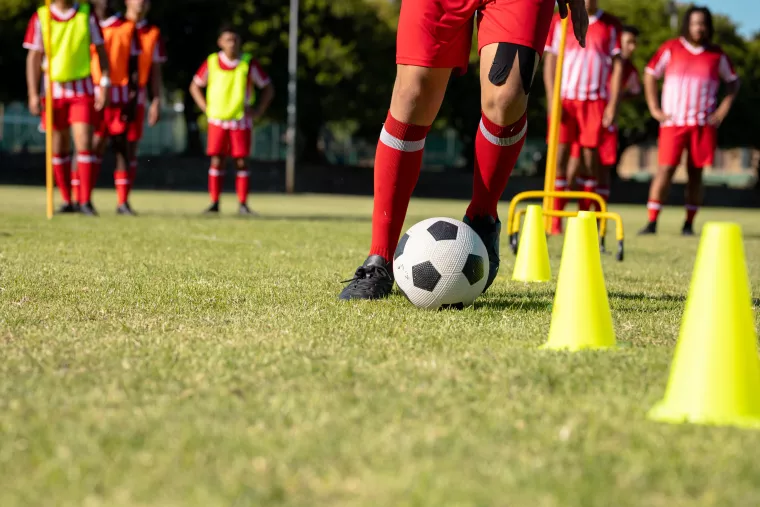
Tactical
Decision making in the heat of the game can be key. Should your athlete run to the left or the right? Is it better to pass early in the race or late? These are skills most coaches also focus on as a natural part of their role:
- Teaching strategy
- Practicing plays
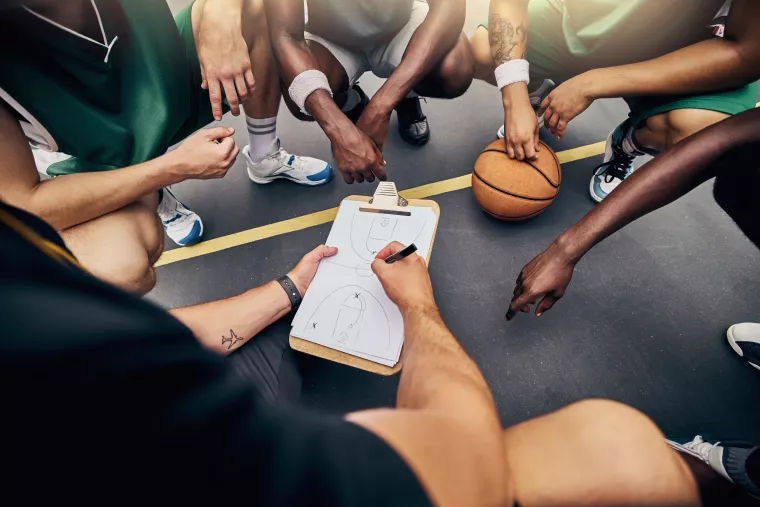
Mental
How we think, feel, and act creates the foundation on which the other three skills function. In other words, stress matters. When your stress becomes too high, you can’t do all of the things you’ve trained to do. But there are ways to manage stress so that you can get back to an optimal state. Through this program, we will teach you to help athletes:
- Recognize when the stress response has been activated
- Learn ways of managing stress
- Develop habits that make it easier to stay in this optimal state
